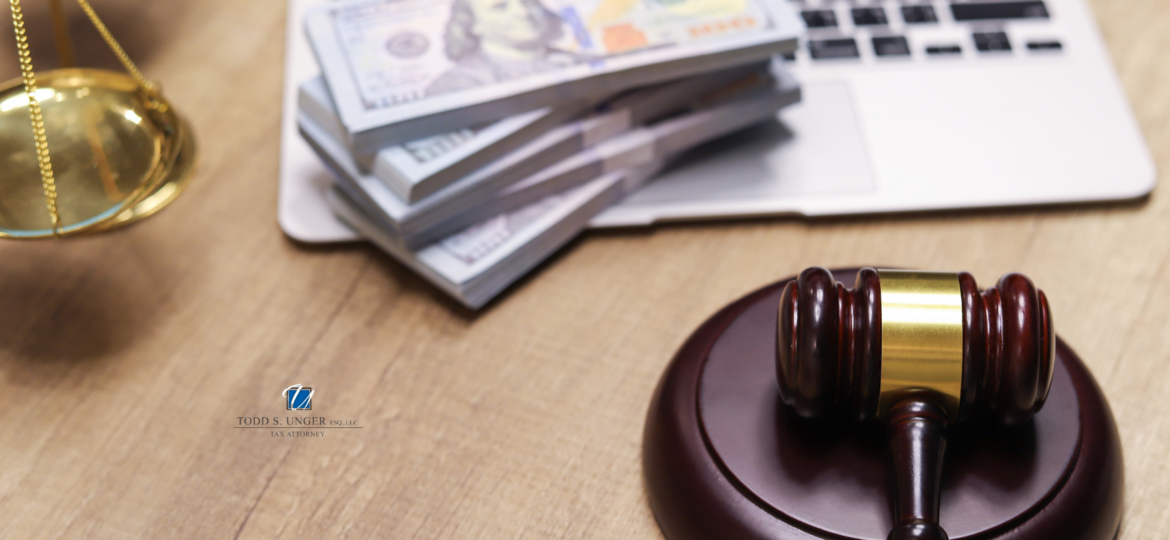
Leveraging Bankruptcy to Address Taxes
While some tax experts and bankruptcy attorneys mistakenly believe bankruptcy cannot alleviate taxes, that’s not the entire truth. Although bankruptcy and tax law intersections can be intricate, bankruptcy can be employed to handle overdue taxes. It offers a unique solution compared to compromises or installment agreements, as it can also address non-tax-related debts.
Understanding Tax Discharge in Bankruptcy
Bankruptcy aims to offer individuals a clean slate by liberating them from pre-bankruptcy liabilities. The Bankruptcy Code denotes specific non-dischargeable debts, but some taxes can be absolved under certain conditions. For a tax to qualify for discharge, certain criteria need to be met, such as the age of the tax debt, the timing of the tax return filing, and the absence of fraud or evasion.
Factors like offers in compromise can affect these timeframes. Thus, having a keen understanding of IRS tax transcripts is crucial before pursuing bankruptcy for tax relief. It’s vital to note that not all taxes can be discharged. Some, like the Trust Fund Recovery Penalty or excise taxes, are non-dischargeable.

Defensive Strategy Against Creditors and Mounting Debts
Initiating a bankruptcy filing enacts an automatic stay, halting all collection actions from creditors, including state and IRS agencies. This provides taxpayers a respite from harsh measures like bank levies or wage garnishments. Especially in a Chapter 13 bankruptcy, there’s potential to halt further interest and penalty accruals, ensuring your repayments are more effective.
Engaging Bankruptcy Tax Attorneys
The complex interplay between tax and bankruptcy laws means there are opportunities that even professionals might overlook. A seasoned tax attorney, well-versed in both domains, can significantly enhance the prospects of discharging tax debts effectively.
Bankruptcy can be a potent tool, but it might not be the first line of defense for everyone. Alternatives like Offer in Compromise or installment agreements might be more suitable without impacting your credit score adversely. It’s crucial to evaluate all potential avenues for tax relief to ensure optimal outcomes.
Connect with Specialized Bankruptcy Attorneys
Todd S. Unger, Esq., is here to guide taxpayers navigating bankruptcy and related tax issues in both New Jersey and New York. Connect with us for more information.

